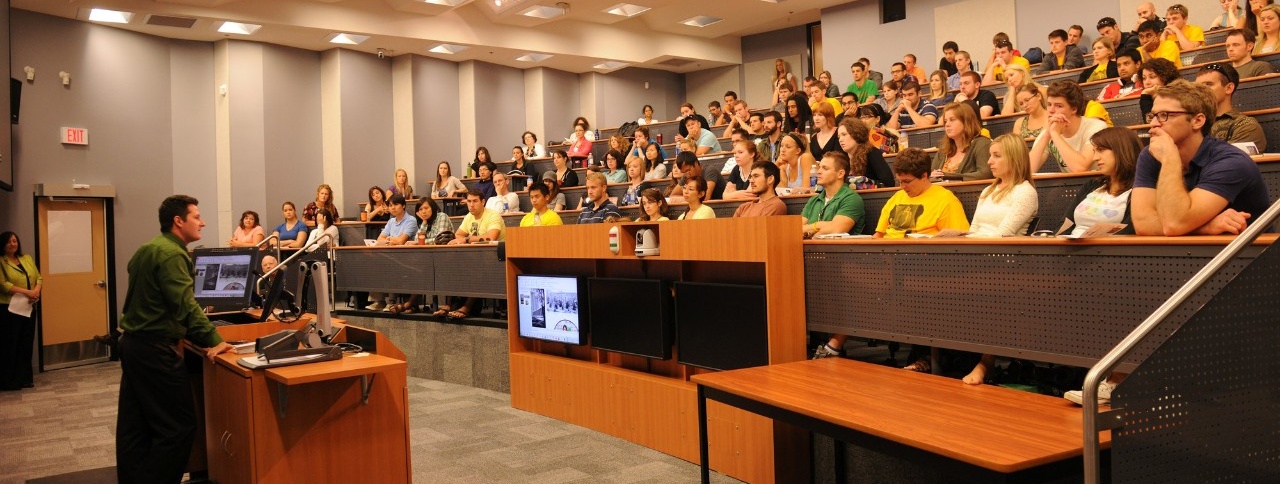FAQs
Q: What should I expect from the MMI?
A: As per the Dalhousie Medical Admissions website; "In the MMI, applicants move between interview stations in a 10-station circuit. Each station lasts eight minutes and there is a two minute break between each one. At each station applicants interact with or are observed by, a single rater. The stations are designed to assess the applicant's personal qualities such as: critical thinking, awareness of societal health issues, communication skills and ethics, among others. Scientific knowledge is not assessed."
Interviewers can be medical students, faculty members, physicians or community members. Most questions will be discussed with only one interviewer, however there may be some "role-play" scenarios with an actor as well as an interviewer. For example, in this situation you may be asked to demonstrate communication skills through interacting with the actor while the interviewer silently observes. Some questions may involve more than one interviewee, where two applicants will communicate together and be observed by interviewers from the side.
Either way, the MMI is not as terrifying as you may think! Having the opportunity to meet with several interviewers means that you have more chances to sell yourself and start fresh with each question. Some stations will obviously be tougher than others, but when the buzzer goes you can start again and the new interviewer doesn't know what you said in the other room!
Many students said they found the MMI format to ease the nerves a bit. Rather than put you in a hot-seat in front of a panel of 3 interviewers for an hour, you really have the chance to start again 10 times and have conversations with 10 different people.
Q: How do I prepare for the MMI?
A: Everyone has different opinions on this. Although it may be unhelpful to hear, different people need to prepare accordingly depending on their backgrounds and how comfortable they feel going into the interview. Although not an official guideline, a safe bet for med school interviews is that you may want to be comfortable discussing the following issues:
- Ethical dilemmas in health care
- The health care system
- Dalhousie's Medical program
- What makes you qualified
- Current events
Some skills you may need to be able to demonstrate:
- Communication skills
- Problem-solving skills
- Ability to work in teams
- Decision making skills
- The ability to have an opinion on something (some questions may prompt you to come to a conclusion or a decision, and it is important that you are able to do so and justify your conclusions).
The internet may have some good resources or practice questions if you look for them. Also, some schools offer Mock MMI interviews from Career Counseling Services. It may be worth looking into seeing if your school offers this service if you're feeling particularly nervous or uncertain about interview weekend!
Q. What can you tell me about the curriculum at Dalhousie Meical School?
A: The Dal Med curriculum is fantastic! Your first year is broken down into four units - Foundations, Host Defense, Metabolism & Homeostasis, and Human Development. Throughout the course of each of these units, you experience Anatomy, Physiology, Pharmacology, and all of that stuff in a longitudinal manner - no six weeks straight of Anatomy for us. Over the course of a week, you spend your time doing a lot of different things - lectures 3 days a week, case-based learning tutorials in small groups twice a week, Professional Competencies lectures and tutorials once a week (where you learn about the healthcare system, ethics, law, and all of the other non-sciencey parts of medicine), Skilled Clinician once a week (where you interact with simulated and volunteer patients, learn to take vitals and medical histories, practice physical exams, etc.), and labs once a week. In addition to that, we take advantage of being part of a school with many healthcare-related disciplines by working interprofessionally with other programs like dentistry, pharmacy, nursing, social work, etc. Beginning in January of your first year you are also in the hospital or clinic at least once a week for your elective.
Q. What is Research in Medicine?
A: Something new this past year has been the Research in Medicine (RIM) initiative that aims to have medical students engaged in research over the four years of their undergraduate medical education. This is a unique program in Canada and addresses the need for clinicians and researchers alike to be literate when reading scientific journals and determining what evidence will best guide their medical practice. Starting in your first year you’ll find a mentor and develop a research project in literally any area of medicine that interests you, from wet bench to clinical research, genetics, surgery, ethics, economics, history -- anything! With RIM comes institutional and financial support for your project (read: $$$) from Dal if you want it.
Q: How early do I get clinical exposure at Dalhousie?
A: RIGHT AWAY!.........
Literally, your first day of school here at Dalhousie will be spent with a local clinician observing just what it is you have gotten yourself into, whether it be through observing a quadruple bypass surgery or chasing an ER doctor around their department it is AMAZING. Recognizing the importance of family medicine and primary care, every first year medical student has a half-day Family Medicine Clinical Experience for 6 weeks.
Dal is great for this, as we get a ton of clinical experience in our first two years (even compared to other Canadian medical schools). As part of first year, you get to pick an elective. This is fairly flexible in that it can be clinical in the hospital, research based, or in the form of medical humanities project. Most students choose to do their elective with a preceptor in one of the hospitals in any area (other than in the ER in first year, sorry). This is a fantastic experience!
